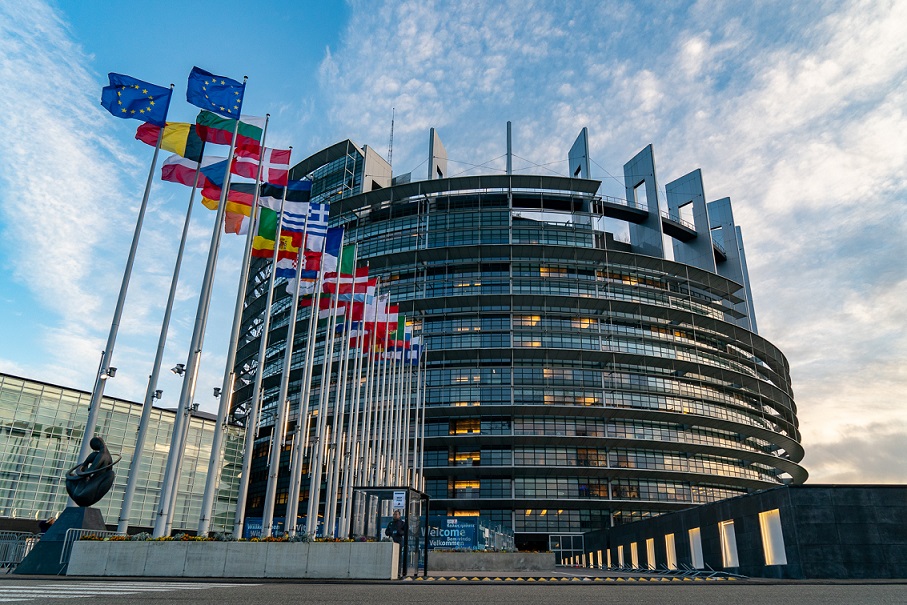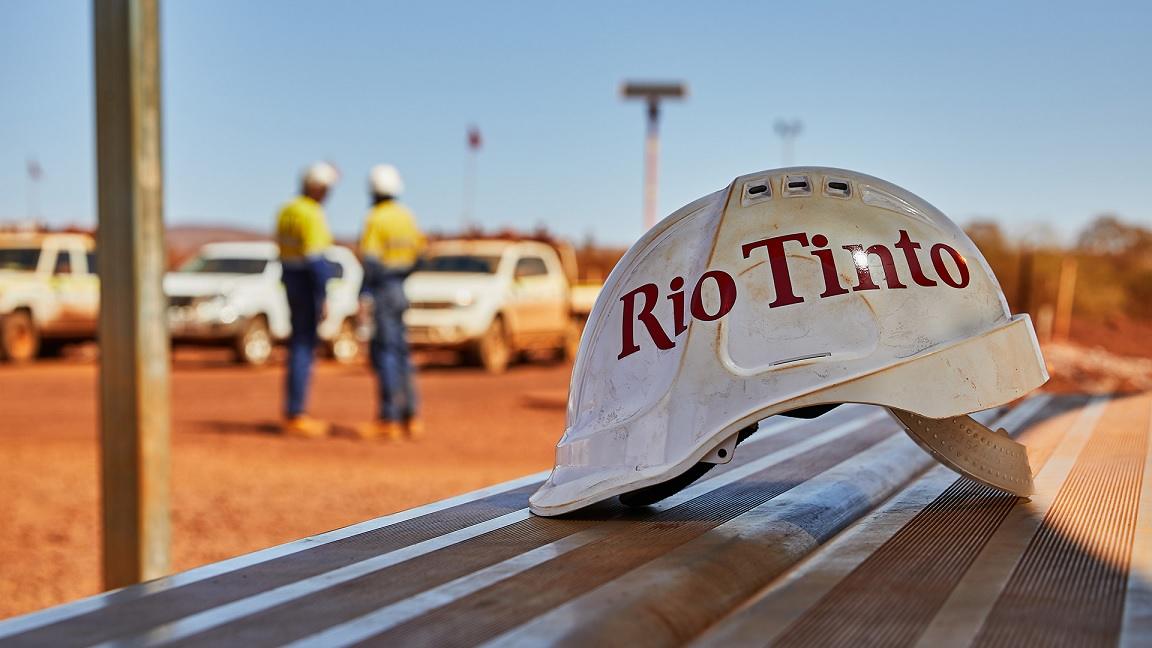EU Lawmakers Push for Stronger Methane Emissions Reduction Rules
Lawmakers in the European Parliament announced today the adoption of its position on a new law aimed at cutting methane emissions, with a focus on sectors including oil, fossil gas and coal, as well as biomethane, in a 499-73 vote.
The new law would be the first EU-wide legislation mandating methane emissions reductions.
Rapid reduction in methane emissions is seen as one of the most effective near-term actions that can be taken in order to help achieve the global climate goal to limit warming to 1.5°C. Methane, emitted from activity such as agriculture, fossil fuel production and transport, coal mining and landfills, is an extremely potent greenhouse gas, with as much as 80x the warming power of CO2. Given its much shorter lifetime in the atmosphere, however (10-12 years, vs 50-100 years for CO2), near-term reductions in methane emissions can have a meaningful climate impact over the next few years.
The new law would form part of the European Commission’s “Fit for 55” roadmap – the EU’s proposed strategy to cut greenhouse gas (GHG) emissions by 55% by 2030, compared to 1990 levels. In December 2021, the Commission announced a series of legislative proposals to support the strategy, including requirements for the oil, gas and coal sectors to measure, report and verify methane emissions, along with rules to detect and repair methane leaks, and limit venting and flaring, as well as proposed monitoring tools to ensure transparency on methane emissions from imported oil, gas and coal.
The EU is also a founding signatory to the Global Methane Pledge, aimed at reducing global methane emissions by at least 30% by 2030, compared to 2020 levels.
In addition to urging the Commission to propose binding 2030 EU-wide methane emissions reduction targets and for member states to set national reduction targets, Parliament’s position also takes a stronger stance than the Commission’s proposal on methane leak detection and repair, including more frequent leak and detection surveys and more stringent repair obligations.
The proposed rules also include bans on venting and flaring methane from drainage stations by 2025 and from ventilation shafts by 2027. Additionally, Parliament’s position includes a requirement for importers of coal, oil and gas to demonstrate that their imported fossil energy meets the regulation’s requirements, with exemptions for imports from countries with similar rules.
The position adopted will guide Parliament’s negotiations with the EU Council on the final text of the new legislation.
MEP and committee rapporteur Jutta Paulus said:
“Without ambitious measures to reduce methane emissions, Europe will miss its climate targets and valuable energy will continue to be wasted. We call for ambitious and stringent methane reduction measures. In the energy sector, three quarters of methane emissions can be avoided through simple measures and without large investments. As Europe imports more than 80% of the fossil fuels it burns, is essential to expand the scope to energy imports.”





